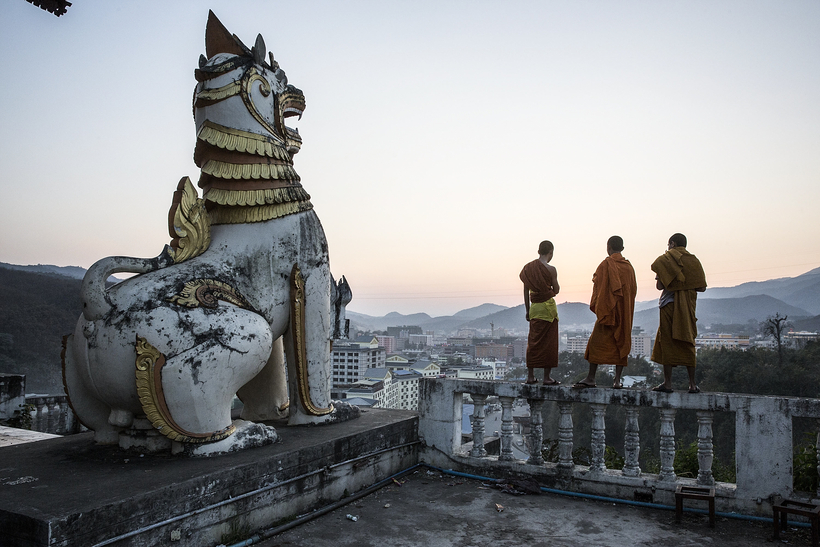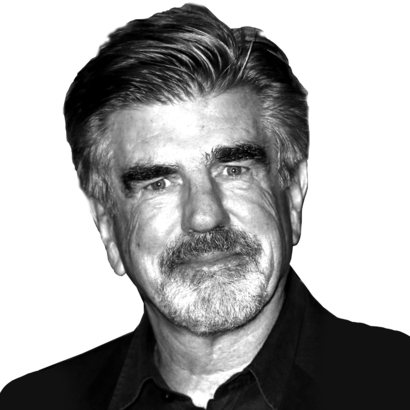Burma has long been the crazy uncle in the attic of Southeast Asia. Reports these days are more mixed, but when there are two names for your country, it’s not a good sign. Which is it? Burma or Myanmar? David Eimer’s A Savage Dreamland comes squarely down in the “Burma” camp, viewing the re-christening to “Myanmar” as just another overreach by the military cartel that essentially still runs the country, and one that he sees running it into the ground. That’s the central theme of this haunting, perfectly titled book. It’s a chilling travelogue through modern Burma intertwined with helpful historical context.
At less than a third the size of its neighbor, India, but with only four percent of India’s population, Burma was one of the richest nations in Southeast Asia in the 1950s. A stunningly beautiful country, it achieved independence in 1948; after a military coup in 1962, it went into almost total isolation for the next 50 years. The junta set out on what they called the “Burmese Way to Socialism,” but it wound up at a dead end. While much of Asia exploded economically, Burma became the continent’s heart of darkness; a savage, paranoid, corrupt terror state cut off from the world, a North Korea without nuclear weapons.
When there are two names for your country, it’s not a good sign.
In 2010 the junta released opposition leader Aung San Suu Kyi from house arrest and finally began a process of reform to replace military rule with a (military-backed) civilian democratic government. Soon before Suu Kyi’s release, David Eimer, then a reporter for London’s Telegraph, arrived in Yangon and began moving around a nation of people in flip-flops. He made repeated trips to Burma before eventually moving there, and his reporting provides a good look into how this democracy thing is working out.
Burmese Road to Crisis
Kipling described the country as “quite unlike any land you know about.” Eimer’s reporting could blow Kipling’s mind. Think of any bad or just very odd thing, and it’s probably happening in Burma. Fortune-tellers and numerologists instruct important government decisions. A crazy quilt of different ethnic armies fight the world’s longest-running civil war in multiple combat zones. Illegal narcotics and smuggled jade are the two most profitable businesses, and trade in endangered species is booming. Facebook, the Frankenstein of our age, “seethes with hate” for Muslims—it’s a place where fundamentalist Buddhists fan the flames for a genocide that has already driven an estimated 700,000 Rohingyas into neighboring Bangladesh. Demonic, golf-crazed generals build courses on confiscated land, often built and operated with forced labor.
Eimer goes where few foreigners do, tearing down dirt roads on the back of a motorcycle. He illegally crosses borders and at one point sneaks into the surreal semi-autonomous city of Mong La, on the Sino-Burmese border, a city financed by gambling and heroin and methamphetamine manufacture. Under the control of the rebel National Democratic Alliance Army, it’s a place the Chinese go to feast on bears and civet cats. Stopping in at the “Museum in Commemoration of Opium-Free in Special Region 4,” he sees a display that shows the six steps needed to refine heroin from opium.
Think of any bad or just very odd thing, and it’s probably happening in Burma.
A good listener with an eye for the incongruous, Eimer convenes a peculiar, oddball cast including rebel generals, a disenfranchised princess, a prophet who speaks directly to God, and a Tibetan in the Burmese Himalayas who says he’d rather be in Tibet. Aung San Suu Kyi, the Nobel-laureate leader of the government, gets few props. “Suu Kyi is like a kite. She is flying in the air and that’s what the countries in the West see. But who is holding the strings? The army.”
Eimer paints an eerie picture of a land whose citizens have long been plundered and brutalized. A Savage Dreamland is riveting, though I wished the author had included some interviews with Burmese entrepreneurs and activists, and a few more with artists and educators—people closer to the inside. In a land as varied as Burma good things are happening, too. He might have found some reasons for hope.
Tom Freston is a media-and-entertainment executive and the board chair of the ONE Campaign, an anti-poverty organization


